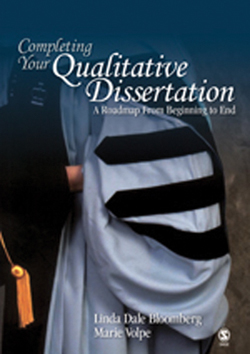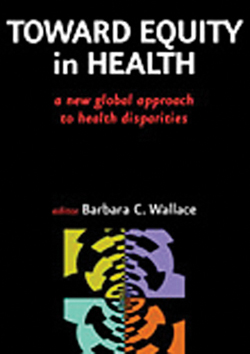First Editions
Closing the Health Gap
The 21st century’s major civil rights issue
At the heart of Toward Equity in Health: A New Global Approach to Health Disparities is a simple but powerful idea: Inequality in access to and quality of healthcare is “the major civil rights issue of the twenty-first century.”
Editor Barbara C. Wallace, TC Professor of Health Education, has devoted her entire career to this issue. Toward Equity in Health, which grew out of a 2006 conference Wallace organized, makes it abundantly clear why. The book is full of stunning and upsetting statistics. One chapter notes that hypertension affects 40 percent of African Americans compared to only 28 percent of whites.” Another points out that “infant mortality rates for African-American infants are 2.3 times the rate of White infants.” Similarly, the New York Times recently reported on a study from the Black AIDS Institute, which found that if black America were its own country, it would rank 16th in the world in the number of people living with AIDS.
Wallace’s contributors also note disparities based on ethnic background, language group, sexual orientation, income and HIV status. And the book documents disparities suffered by inmates in
Yet Toward Equity in Health is ultimately a hopeful work, presenting solutions as well as problems. For example, chapters describe and evaluate different methodologies for training community health workers; for improving the delivery of HIV/AIDS education; and for using technology to better support public policy and service planning in health.
her intended audience, Wallace writes, “includes all those interested in closing gaps in health.” As Toward Equity in Health makes eminently clear, that should include all of us.
A Doctoral Student’s New Best Friend
A new guide for academia’s most onerous task
The doctoral dissertation is academia’s
Volpe and Bloomberg focus on qualitative research methods—an area of growing interest, as Volpe found when she recently conducted 11 lectures in
Part One constitutes a broad introduction to the complex task of writing a dissertation, and offers an overview of the steps involved in preparing for the dissertation process.
Part Two provides comprehensive instructions on the content of each dissertation chapter, accompanied by illustrations of what a completed chapter should look like, using the specific research problem addressed in the book as an example.
Part Three addresses the final stages of the dissertation process, including selecting an appropriate title, proofreading and editing, preparing for a successful defense, and considering possible avenues for presentation and publication.
Throughout, the authors acknowledge that the challenges involved are both practical (How will I find appropriate data?) and ineffable (Am I committed enough to make this happen?).
Published Thursday, Jan. 15, 2009

